EDDIE KADI : HOW AFROBEATS ADOPTED A COMEDIAN FROM WEST LONDON
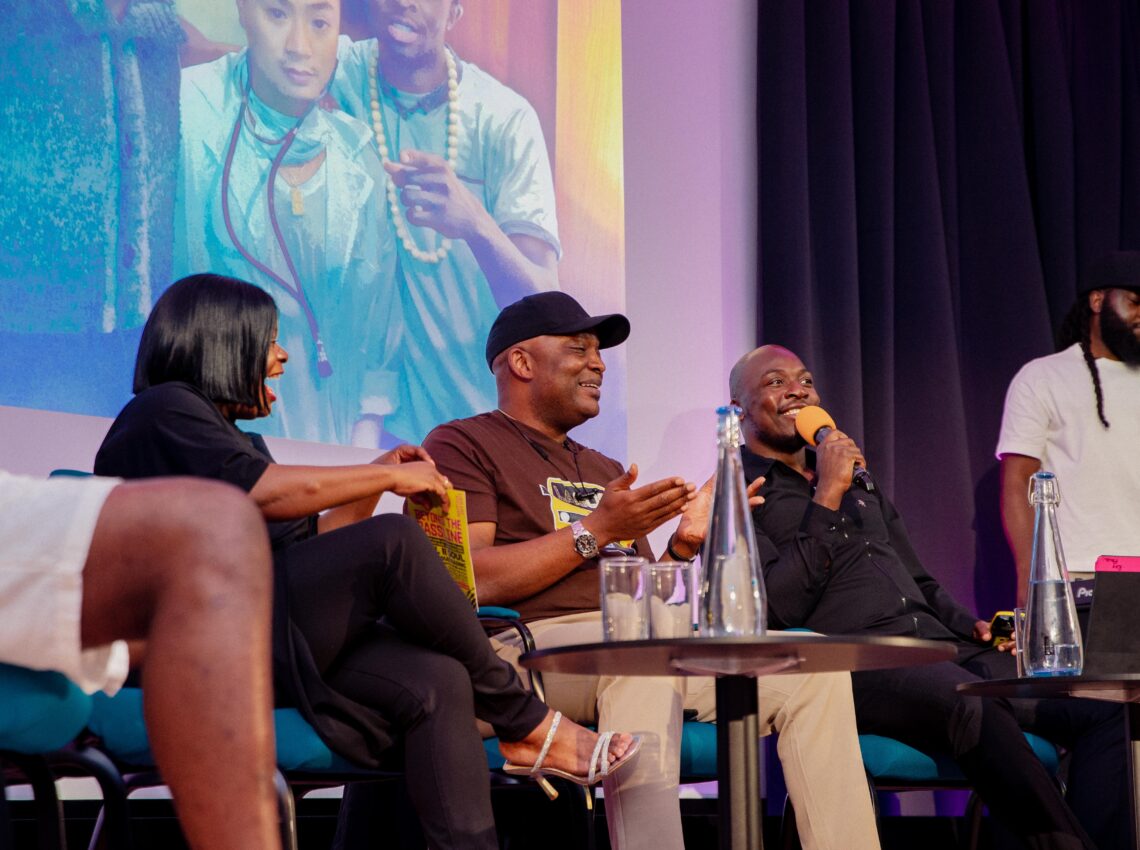
As part of the British Library’s hugely successful ongoing exhibition, Beyond The Bassline, Eddie Kadi curated a panel of exciting names in African music to discuss the towering Afrobeats genre in Black British music. Along with Remi Burgz, DJ Abass, Taponeswa Mavunga, Moko and Dbanj, Eddie explored the genre’s journey from Africa to the UK.
I sat down with the BBC 1Xtra’s UK Afrobeats Chart Show presenter to discuss his history of accompanying Afrobeats legends in their contribution to the Black British music culture.
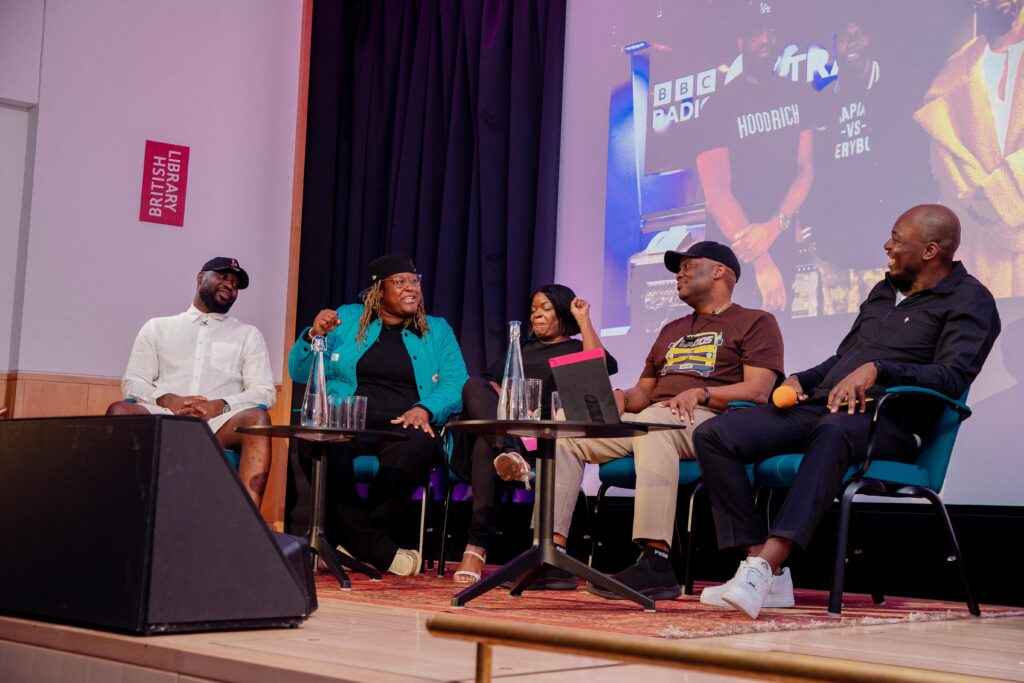
Bethel: What has best positioned you to collaborate with BMRU and the British Library to reflect on the significance of Black British Music ?
Eddie Kadi: I’m passionate about African music. I grew up on it and it’s defined my career. We’ve reached a stage in the last 20 years where we’ve seen a great change in African music, not just in Afrobeats but other genres that have come from regions across the continent. We’re celebrating 500 years of music and the role Afrobeats has played in the last decade and me sitting on a BBC 1Xtra show quantifies the success of Afrobeats. That has set me up nicely to be able to talk about the impact of the music. In recent years, I’ve been hosting the biggest Afrobeats festival, Afronation.
I want to be able to use not just my personality in terms of comedy but also my network to tell the story. This story isn’t just about me, my journey with African music, it’s everybody else that has held my hand in that journey. I want it to be a laid-back conversation, reflecting with my friends.
Bethel: You’ve had a great impact on this country’s comedy scene. How has being one of the biggest personalities in Black British history exposed you to the history of our music?
Eddie Kadi: Do you know what’s happened? When you seem to be loving your culture and doing your part in it in the most passionate way, it opens conversations. I think the best way to be able to have access to information and moments is through conversations. People will say “You know what I can relate to what you’re saying”, and that energy allows me to be brought into spaces where things are happening.
I remember a good friend of mine, Rickie Davis who now manages Patoranking, we were so passionate in the early days of that new modern era of African music circa 2010. We were working alongside Fuse ODG amongst others, seeing artists like Sarkodie, the 2face Idibias of this world coming into the country doing their thing. Rickie had then gone cross-region. She ended up in America collaborating with artists that were breaking into America. One of the most significant things we did then was South by Southwest, an African Caribbean stage there for a few years. At the same time, my comedy which was centred around African culture with music playing a big part of it. It meant that people were recognising something in me that encouraged them to allow me to collaborate with them
Whether there was a concert, a signing for artists like Dbanj or Fuse ODG, I’ve been privileged enough to be around to be a part of it because people recognise the passion is genuine.
Bethel: 500 years of history can contain so much information. What has been an interesting find for you?
Eddie Kadi: It’s not one particular thing, it’s the crossover of genres.
From the age of 10, I grew up in West London so Garage was my thing; I grew up around Hammersmith Palais. Going to Central London with my friends, older cousins and seeing places like Hanover Grand, and hearing Garage was a beautiful thing.
Then there was a transition. There was a moment when Grime happened and Funky House took over. To then see how Afrobeats artists have been able to collaborate with UK artists like Skepta, those are the things that I’ve really enjoyed seeing. To see those diaspora collaborations has been phenomenal.
Bethel: Afrobeats was so sweet back then.
Eddie Kadi: Yes! There was a moment when you’re coming into a rave and there’ll be grime, garage, dancehall, and with Afrobeats we had a cluster of amazing songs. We had Premier Gaou from the Ivory Coast, and the Azonto had this crazy moment, and we had PSquare. It was a nice vibe of music and everyone had a part that they liked.
We now have chart topping artists because they are unapologetically African, but they’re also able to use the influence that they got from the diaspora.
Bethel: What is your all-time favourite track or album?
Eddie Kadi: I would say Premier Gaou because it’s a song that gave us a freedom of expression. If we had that one song as Africans that fueled our hunger and desire, Premier Gaou from Ivory Coast is the anthem. If they said, “Let’s kick off an Afrobeats party”, I don’t think a Nigerian, Ghanian, Ethiopian or somebody from Burkina Faso will argue that it’s our African union anthem.
Photo Credits: Phillemont Dieuci Okandju Jr, Nelse




![ZINO VINCI’S ‘FILTHY & DISGUSTING’EP BRINGS YOU TO THE CORE OF THE ARTIST [@ZinoVinci]](https://guap.co/wp-content/uploads/2023/10/Zino-4.jpg)

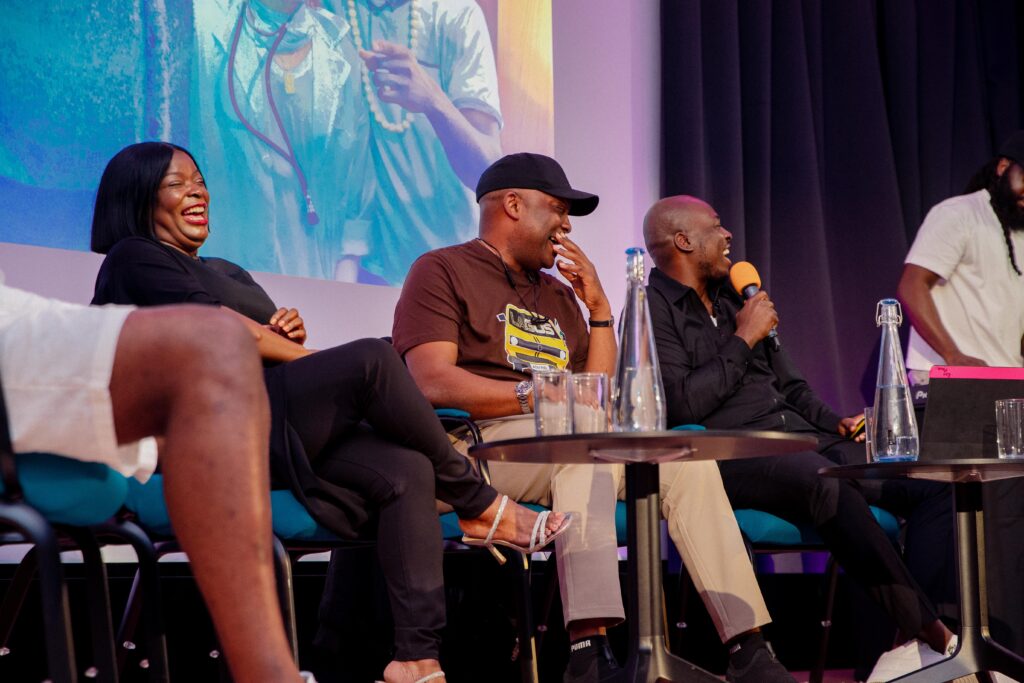
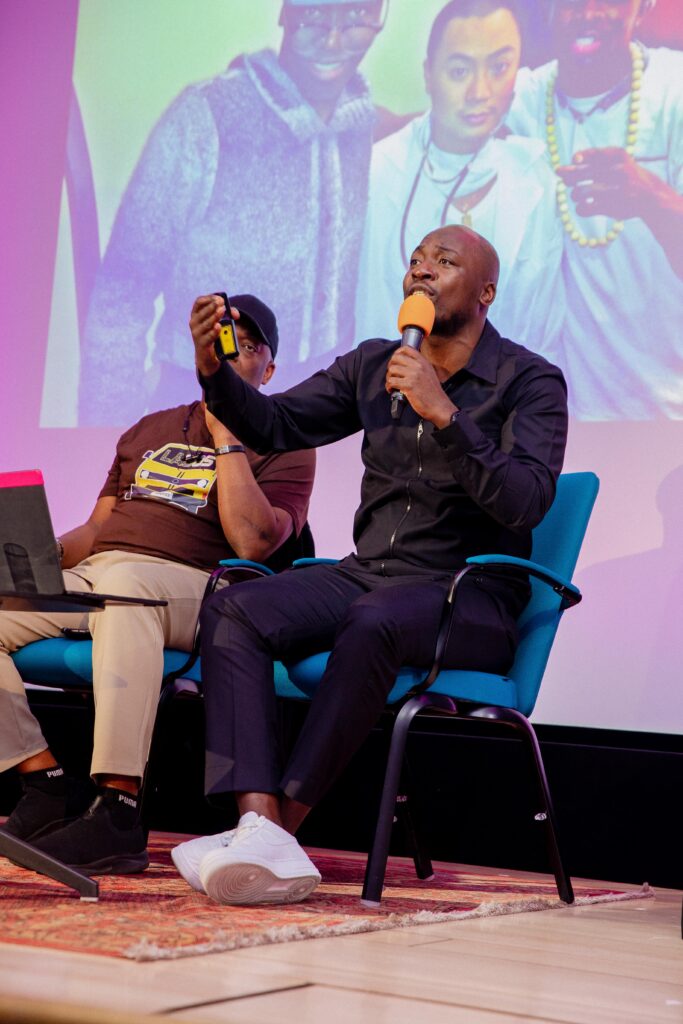
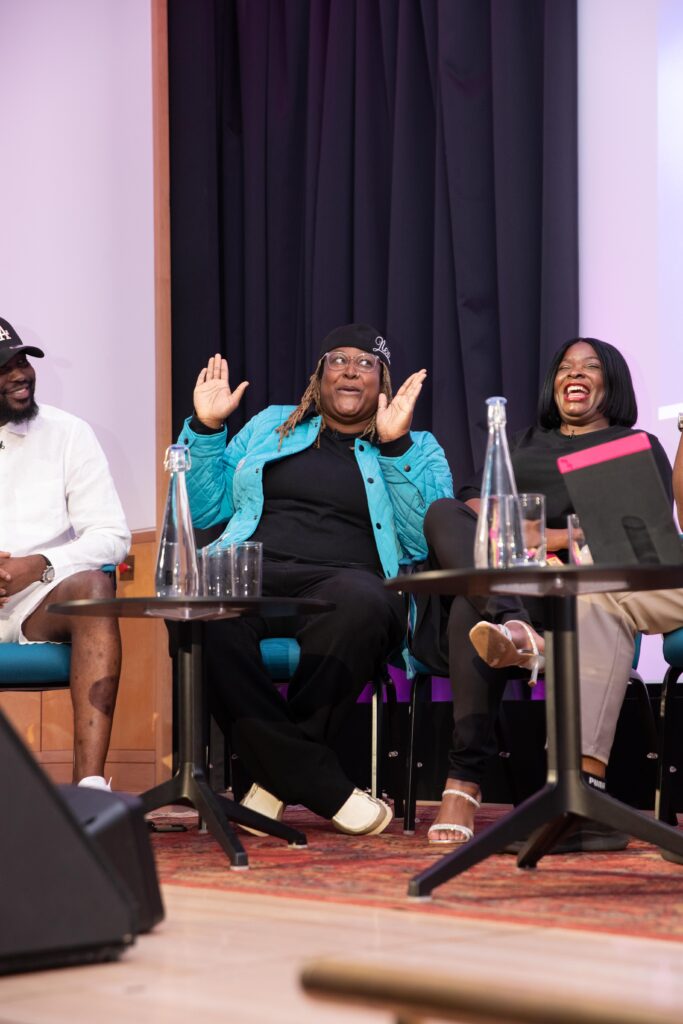
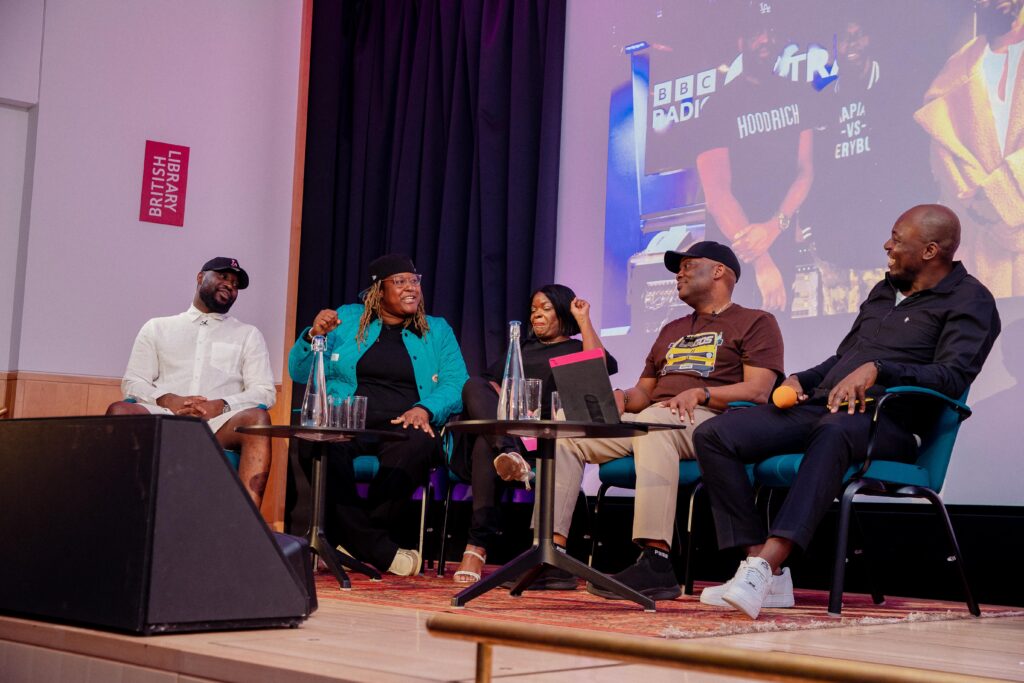
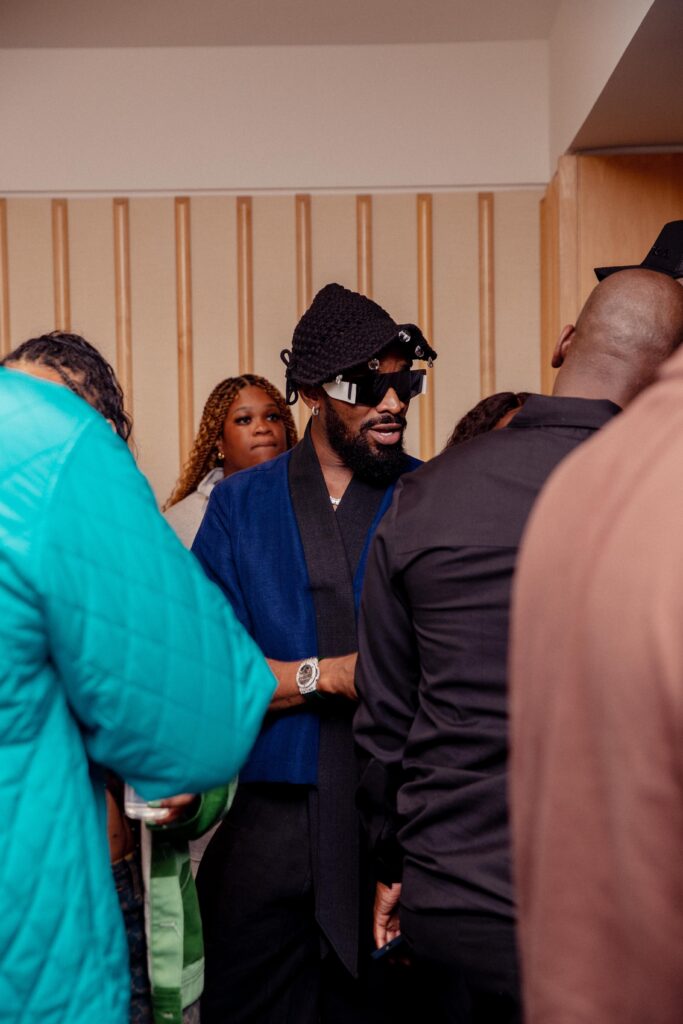
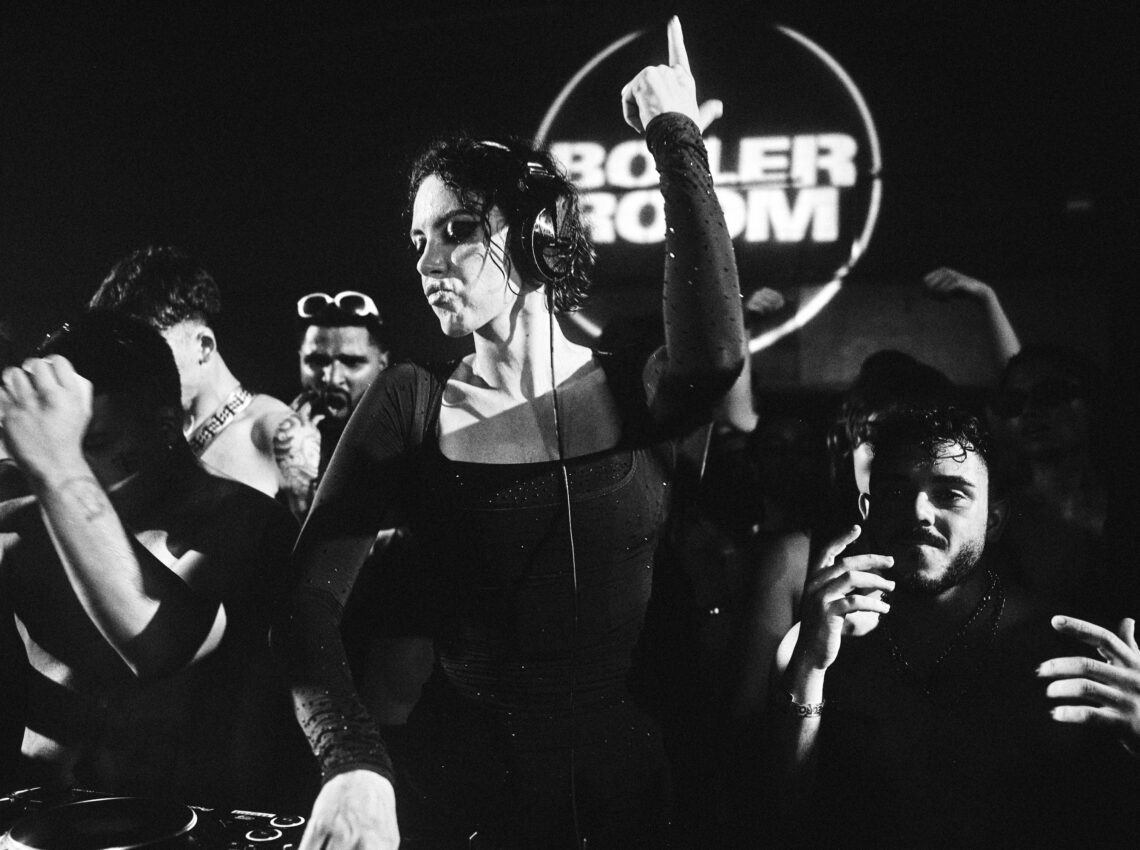
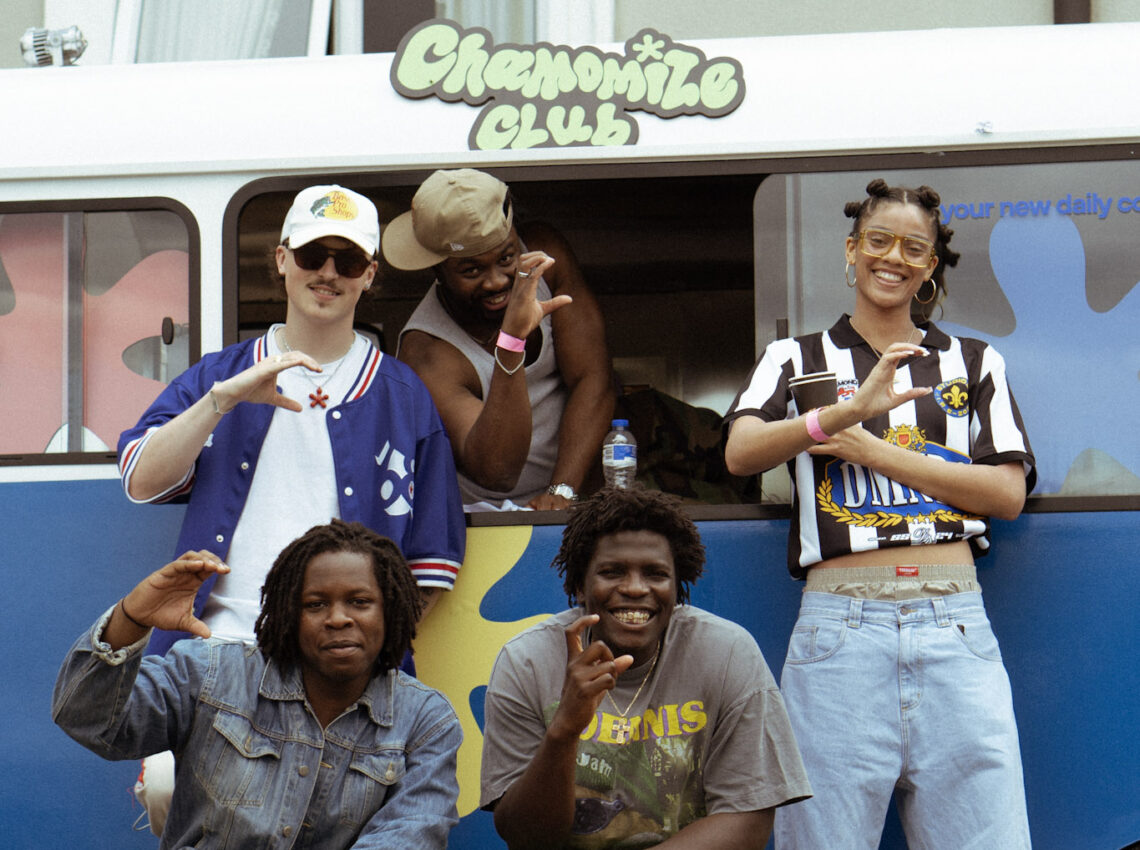


![Remel London’s [@Remel_London] “Mainstream” is a must attend for upcoming presenters!](https://guap.co/wp-content/uploads/2017/02/REMEL-LONDON-FLYER-FINAL-YELLOW-COMPLETE-1.png)